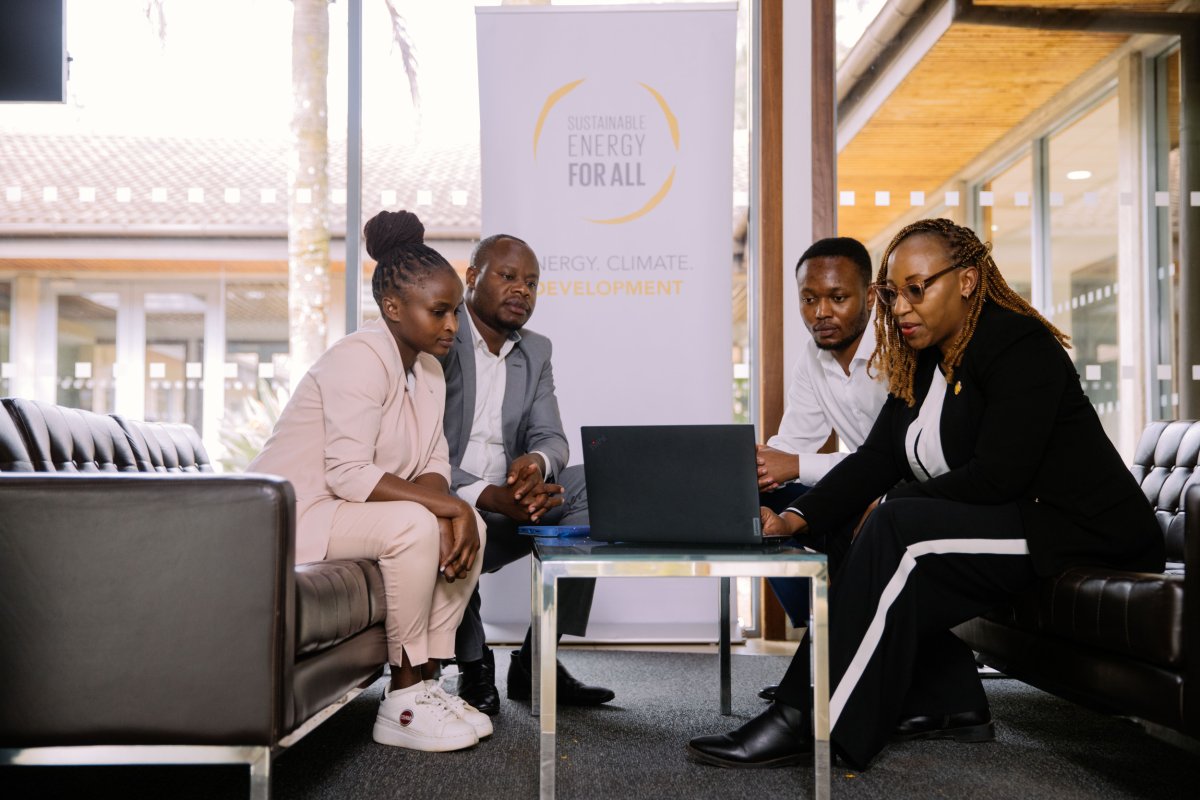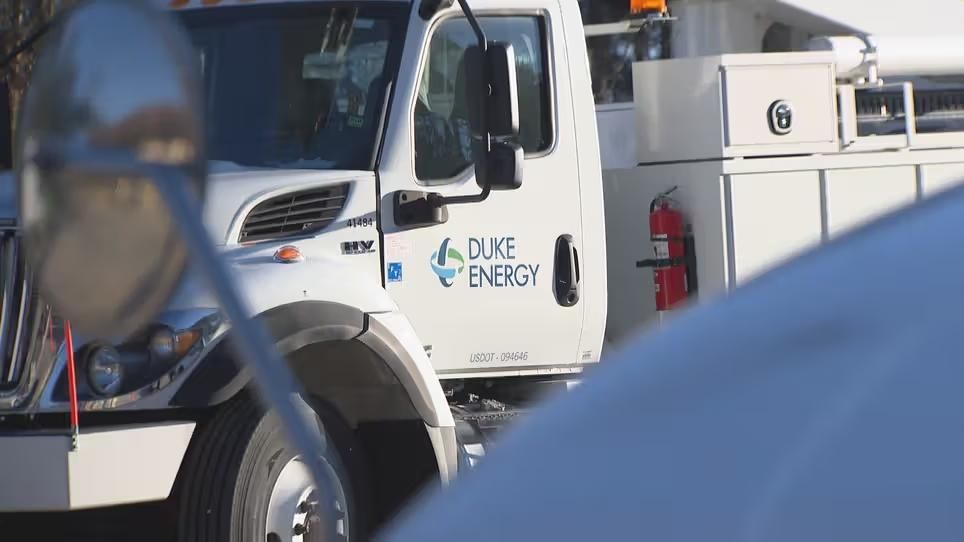As rapidly growing cities in the world's developing countries expand and modernize, they need better ways to assess their coming energy use and adapt to a changing climate. New tools developed with artificial intelligence by IBM's impact accelerator and the company's partner organizations give officials and planners both a current view of their cities and a forecast of likely developments.
"Demand for energy is growing not just as a function of the number of people who live there, but also as a function of what is being built," Michael Jacobs, head of social innovation at IBM, told Newsweek. "You can forecast demand by analyzing what is being built where."
Jacobs and his colleagues worked with the United Nations Development Programme and Sustainable Energy for All, an independent nonprofit organization, to come up with data tools to track and predict growth and the associated energy demand.
The team used IBM's AI to analyze satellite images and data from the German Aerospace Center. They then aligned those images with census information and other data sets on building size and usage to create precise and detailed digital maps of some cities in Africa and India. That formed the basis for an interactive online platform called Open Building Insights (OBI), which launched in November at the United Nations COP29 climate conference.
OBI includes an AI tool called Modeling Urban Growth that forecasts what types of buildings will be built and where, helping officials and stakeholders make more informed decisions about sustainable development. "Government and development agencies can see around the corner and invest now to meet the needs of tomorrow," Jacobs said.
IBM's work has earned them a place among the winners of Newsweek's first AI Impact Awards, which celebrate organizations that are driving exceptional impact through the strategic and ethical use of AI technologies.
Contest entries came from various industries and competed in more than a dozen respective categories, including ones focused on sustainability, health care and customer service. The 38 total winners were selected by a panel of AI and subject matter experts. Honorees have also been invited to Newsweek's AI Impact Summit, taking place from June 23 through 25 in Sonoma, California. The showcase promises three days of conversations and presentations on ground-breaking deployment of AI.

IBM worked with Sustainable Energy for All and another nonprofit, the World Resources Institute, to implement use of OBI in Nairobi, Kenya, where local officials are using the tool in the development of an energy plan.
Kenya is well on its way to meeting an ambitious target of 100 percent clean energy by 2030. The country already gets about 90 percent of its electricity from carbon-free or low-carbon sources, largely thanks to robust geothermal and hydro energy.
But a swelling population and economy will challenge the power supply. Nairobi, now with an estimated population of close to 6 million people, is expected to have annual population growth of more than 4 percent in the coming years, according to the UN.
Jacobs said the OBI can help to integrate energy development with the city's growth.
"You can be designing specific buildings for specific places to optimize where they are in the electrical grid or for how much rooftop solar you can install," he said.
Solar is a small but growing part of Kenya's power supply, and the detailed information OBI offers about buildings can promote solar deployment in urban settings, Jacobs said.

"The profile of the roof, its square footage, its angle, its position, all that has really significant implications for how much solar energy you're going to be able to produce," he said.
The OBI will also be used in India, where large-scale deployment of rooftop solar is a national-level initiative.
India's climate and energy forecasts include a problematic feedback loop between warming, energy demand and greenhouse gas emissions. As parts of the country get hotter due to climate change, the use of air conditioning grows—so much so, in fact, that the International Energy Agency said greater use of air conditioning will be a leading contributor to global demand for electricity.
India is among the world's biggest producers and consumers of electricity and while renewable sources are growing, coal still dominates India's fuel mix. That means that greater power demand for air conditioning will result in more greenhouse gas emissions from coal-fired power plants, at least in the near term, until cleaner energy sources displace coal and other fossil fuels.
Jacobs said the OBI can help, both by aiding the development of solar power and helping cities better cope with rising temperatures.
"We are exploring how to use the tool to develop a heat vulnerability index, because again, the dynamics of building design can have really significant impacts on localized heat," he said. With a better understanding of the buildings in their cities (and the buildings to come), officials can anticipate energy needs and public infrastructure, such as cooling centers, to help communities adapt to the extreme heat that is becoming more common with climate change.
Jacobs said the geospatial data modeling is just one of the ways IBM is applying AI to climate impacts. He said AI can also help share vital information during climate-driven extreme weather events, and AI-assisted research promises to speed the development of new materials that could be important for clean technology.
"AI is going to be integral to solving climate challenges," he said. "And IBM is a solutions-oriented company."
To see the full list of AI Impact winners, visit the official page for Newsweek's AI Impact Awards.
Newsweek will continue the conversation on meaningful AI innovations at our AI Impact Summit from June 23 to 25 in Sonoma, California. Click here for more information and to register for the event.








 English (US) ·
English (US) ·